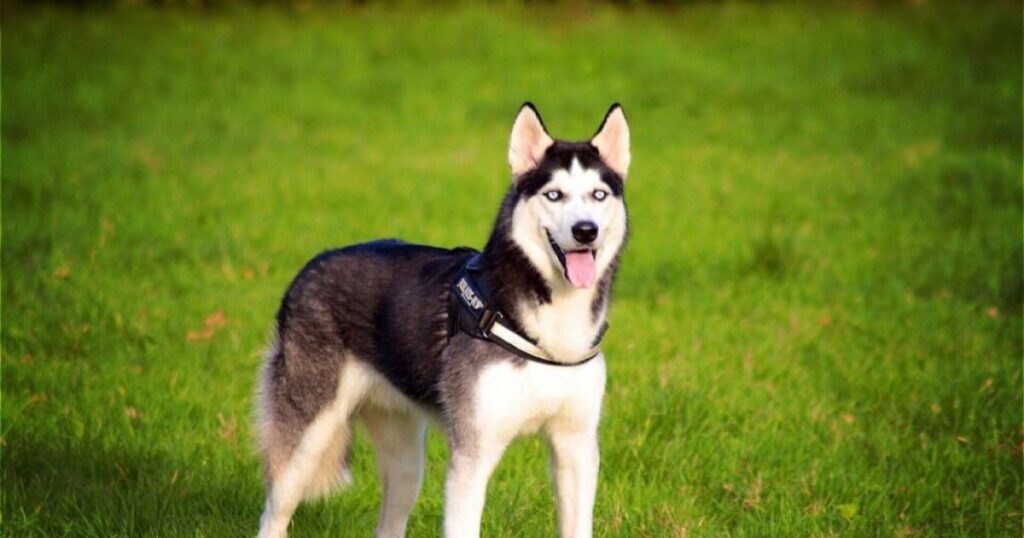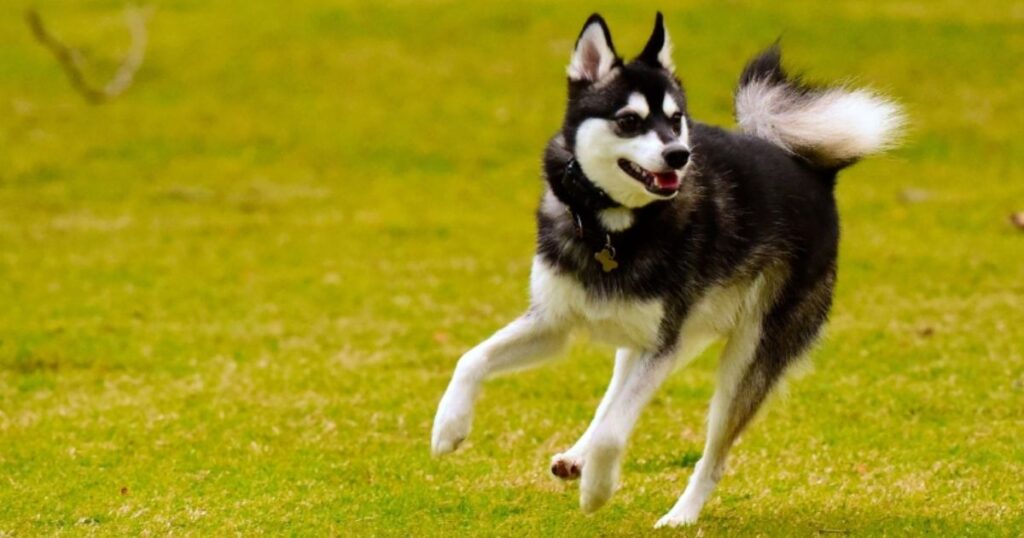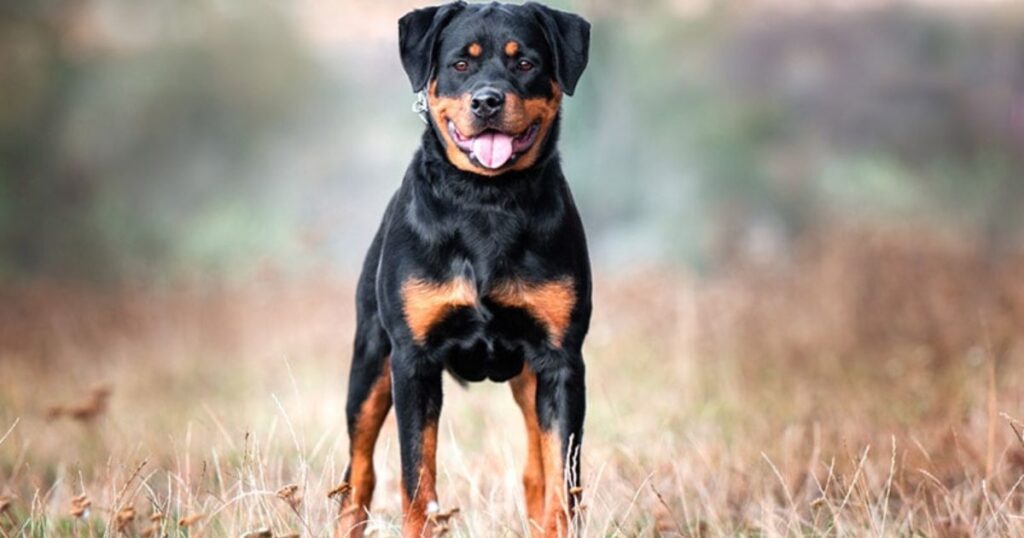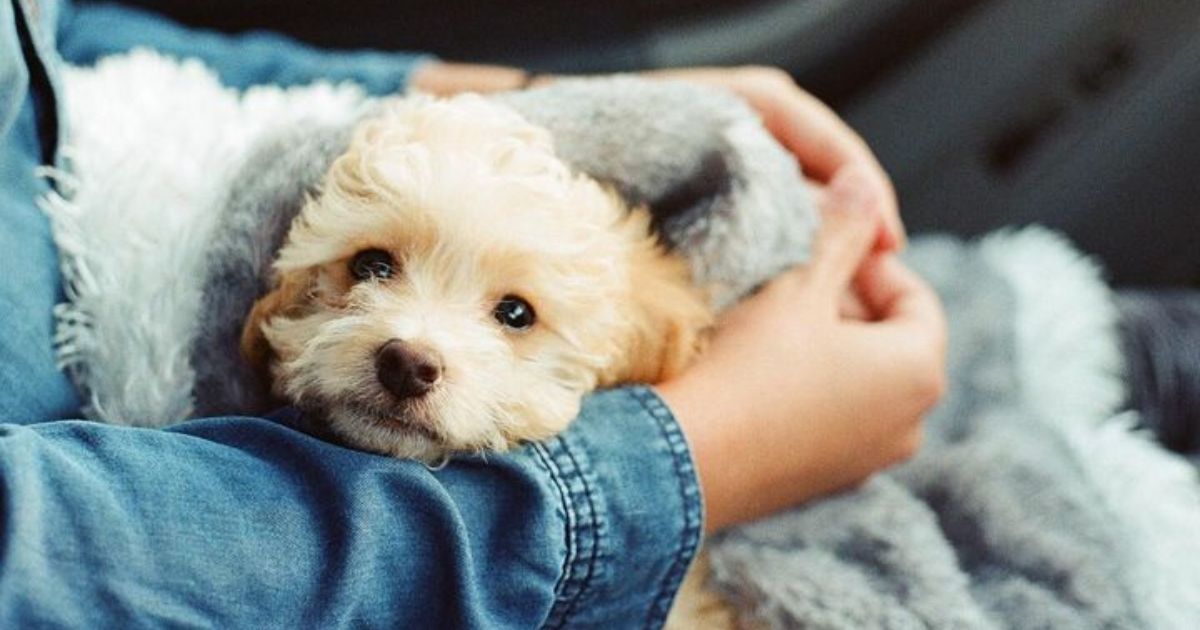The claim that Shih Tzus are the worst dog breed to own is subjective and largely dependent on individual preferences and lifestyle. While these charming little dogs may pose challenges, such as their extensive grooming needs and potential health concerns, it is crucial to acknowledge that every breed comes with its unique set of characteristics.
Shih Tzus are known for their affectionate nature, making them wonderful companions for those willing to invest time in their care. Responsible pet ownership involves understanding and addressing the specific needs of a breed and with proper commitment, many owners find immense joy and fulfillment in their relationship with Shih Tzus.
It is essential to approach discussions about the worst dog breeds with a balanced perspective, considering both the potential difficulties and the rewards that come with each breed. Shih Tzus, like any other dogs, can bring immense joy and companionship to the right owners who are willing to invest the time, effort and resources required for their care.
Grooming Needs of Shih Tzus
Shih Tzus, renowned for their beautiful and flowing coats, demand thorough and consistent maintenance to keep their fur in optimal condition. Regular brushing is a fundamental aspect of coat maintenance, requiring daily attention to prevent matting and tangles. This not only ensures a sleek appearance but also helps distribute natural oils, promoting overall coat health. The brushing routine serves as a bonding opportunity between owners and their Shih Tzus, fostering a positive relationship.
Haircuts: Haircuts are a crucial aspect of grooming for Shih Tzus, contributing to both their comfort and overall well-being. Due to their long and dense coat, occasional haircuts are necessary to prevent matting and to keep the coat at a manageable length. The frequency of haircuts can vary depending on the owner’s preferences and the desired aesthetic for the Shih Tzu’s appearance.
Bathing: Bathing is an essential part of the grooming routine for Shih Tzus, contributing to their overall hygiene and well being. While these charming dogs do not have a strong odor, regular baths are still necessary to keep their coat and skin clean. However, it is crucial to strike a balance, as excessive bathing can strip their coat of essential oils, leading to dryness and skin issues.
Professional grooming: Many Shih Tzu owners opt for professional grooming services to ensure their furry companions receive top-notch care and maintain a polished appearance. Professional grooming offers several benefits, making it a popular choice among Shih enthusiasts.
Health concerns in Shih Tzus
The health concerns in Shih Tzus highlight the importance of attentive care and regular veterinary check ups for this beloved breed. While Shih are generally robust, they are predisposed to certain health conditions that owners should be aware of:
- Hip Dysplasia: Shih Tzus may be susceptible to hip dysplasia, a condition where the hip joint does not develop properly, leading to discomfort and mobility challenges. Regular veterinary check-ups, a balanced diet, and appropriate exercise can help manage this condition.
- Allergies: Shih Tzus, like humans, can develop allergies, manifesting as skin irritations, itching, or respiratory issues. Identifying and managing potential allergens, such as certain foods or environmental triggers, is crucial for their comfort and well-being.
- Eye Issues: Shih are known for their expressive eyes but are prone to various eye problems, including excessive tearing, dryness, corneal ulcers, or progressive retinal atrophy. Regular veterinary examinations and gentle eye cleaning can help maintain eye health.
Caring for a Shih health involves a commitment to regular vet visits, a balanced diet, and appropriate exercise. Veterinary care may include preventive measures, screenings and potential interventions to address specific health issues. Responsible ownership entails staying informed about the breed’s health predispositions and taking proactive steps to ensure a happy and healthy life for Shih Tzus.

Training Challenges with Shih Tzus
Training Shih Tzus can present unique challenges, requiring patience, consistency, and a tailored approach to bring out the best in these delightful but independent dogs. Some common training challenges associated with Tzus include:
- Stubbornness and Independence:Shih Tzus are known for their independent nature, which can make obedience training more challenging. They may not always respond immediately to commands, requiring owners to establish themselves as consistent leaders and use positive reinforcement techniques to motivate their .
- Excessive Barking: Shih Tzus are naturally alert and vocal, which can result in more frequent barking compared to some other breeds. Addressing this behavior requires a combination of training, socialization, and understanding the triggers that lead to excessive barking. Consistency and positive reinforcement are essential in teaching appropriate barking behavior.
- Housebreaking:Shih Tzus may take longer to housebreak compared to some other breeds. Establishing a consistent routine, using crate training, providing frequent potty breaks and rewarding desired behavior can help expedite the housebreaking process. Patience and consistency are key to achieving success in this area.
While Shih Tzus can be a bit challenging to train due to their independent streak, they are intelligent dogs that respond well to positive reinforcement techniques. Building a strong bond through training enhances the relationship between owners and Shih, and many find the effort invested in training these charming companions to be a rewarding experience.
Dealing with Separation Anxiety in Shih Tzus
Shih Tzus are known for their strong attachment to their human companions, which can sometimes lead to separation anxiety. Managing separation anxiety in Shih Tzus requires patience, dedication, and a strategic approach to help both the dog and the owner cope with periods of alone time. Here are some effective strategies:
- Gradual Desensitization: Help your Shih Tzu become more comfortable with being apart from you by gradually increasing the duration of separation. Start with short periods and slowly extend the time, allowing your pup to adjust and build confidence in your eventual return.
- Establish a Predictable Routine: Dogs thrive on routine, so establish a consistent schedule for meals, exercise, and alone time. A predictable routine provides a sense of stability and predictability for your Shih Tzu, helping to alleviate anxiety.
- Create a Comforting Environment: Make your Shih alone time more enjoyable by providing a safe and comfortable space. Include familiar items like their favorite toys, a cozy bed, and an item with your scent. These familiar scents and objects can help reassure your pup and make them feel more secure.
- Positive Reinforcement:Use positive reinforcement techniques to associate your departure with something positive. Offer treats or special toys that your Shih only receives during your absence. This helps create positive associations and can gradually reduce anxiety over time.
- Mental and Physical Stimulation:Engage your Shih in mental and physical activities before leaving them alone to help tire them out. A brisk walk, interactive puzzle toys, or playtime can release excess energy and provide mental stimulation, reducing anxiety.
- Seek Professional Assistance:If separation anxiety persists despite your efforts, consider consulting a professional dog trainer or a veterinarian specializing in behavior. They can provide guidance tailored to your Shih specific needs and may suggest behavior modification techniques or in severe cases, prescribe medication to help manage anxiety.
Remember, addressing separation anxiety requires time and understanding. Avoid scolding or punishing your Shih for anxious behaviors, as this can worsen their anxiety. Instead, focus on positive reinforcement, gradual exposure and creating a calm and secure environment for your pup to thrive even when alone.

Compatibility with Children and Other Pets
Shih Tzus are known for their friendly and affectionate nature, making them potential companions for families with children and other pets. However, it is important to consider certain factors to ensure a harmonious living environment:
Interaction with Children
Shih Tzus can be wonderful companions for older, gentle children who understand how to handle small dogs with care and respect. Their small size and delicate build make them susceptible to injury during rough play. Teaching children appropriate interaction and supervising their interactions with the Shih is crucial for the safety and well being of both the dog and the child.
Territorial Behavior
Shih Tzus have a natural tendency to be protective of their families, which may result in territorial behavior, especially towards unfamiliar animals. Introducing a Shih into a household with existing pets requires careful consideration and gradual introductions to ensure a harmonious coexistence. Proper socialization and training can help mitigate territorial behaviors.
Energy Levels
Shih Tzus are not the most active breed and may not have the same stamina as highly energetic children or larger, more active dogs. Managing expectations regarding energy levels is essential to avoid frustration or accidents. Providing appropriate exercise and mental stimulation for both the Shih Tzu and any children or other pets is crucial for their overall well being.
While Shih Tzus can be great companions for families, it is essential to educate children about proper pet handling, supervise interactions, and ensure that exercise needs are met for both the Shih Tzu and any active children or pets in the household. Additionally, introducing a new Shih to an existing pet may require patience, gradual introductions and positive reinforcement to foster a positive relationship. Every family and situation is unique and with responsible ownership, Tzus can thrive in various living environments.

Frequently Asked Question
Do Shih Tzus shed a lot?
Shih Tzus have long, flowing hair that requires daily grooming to prevent matting and tangling. While they do shed, it is not as much as some other breeds. However, their hair can be found around the house, so regular cleaning is necessary.
Are Shih Tzus easy to train?
Shih Tzus can be stubborn and may pose training challenges, especially with housebreaking and excessive barking. Early socialization and consistent, positive reinforcement training techniques can help overcome these challenges.
Do Shih Tzus have health problems?
Like all breeds, Tzus are prone to certain health issues, including hip dysplasia, allergies, and eye problems. Responsible ownership involves regular veterinary check-ups, a balanced diet and attention to their specific health needs.
Do Shih Tzus get along with other pets?
Shih Tzus can get along with other pets if properly socialized and introduced. However, they may exhibit territorial behavior, so careful consideration and gradual introductions are essential for a harmonious coexistence.
How long do Shih Tzus live?
Shih Tzus have a lifespan of around 10-16 years, depending on their health and care. Like any breed, their longevity is influenced by factors such as genetics, diet, exercise and overall well being. Regular veterinary care can contribute to a longer and healthier life for Tzus.
Conclusion
In conclusion, the assertion that Shih Tzus are the worst dog breed to own, as presented in the provocative article title, is a subjective perspective and not universally applicable. While the article highlights various challenges associated with Shih Tzu ownership, it is essential to recognize that every dog breed has its unique characteristics and potential difficulties. Tzus, known for their affectionate nature, can make wonderful companions for individuals willing to invest time, effort and resources into meeting their specific needs.
Understanding the grooming demands, potential health concerns, training challenges, and compatibility factors is crucial for responsible pet ownership. The article aims to provide a balanced perspective, acknowledging both the obstacles and the rewards that come with having a Shih Tzu. With proper care, attention, and a commitment to meeting the breed’s requirements, many Tzu owners find immense joy and companionship in their relationships with these charming dogs.

Passionate wordsmith navigating the currents of trending topics. Crafting compelling narratives that captivate and inform, I explore the pulse of contemporary issues with creativity and insight. Join the journey











